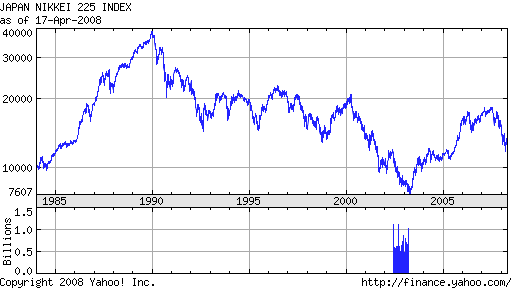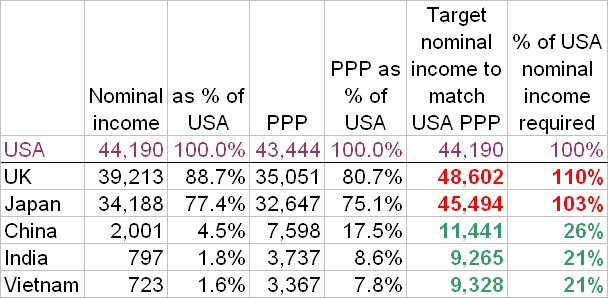 |
| "Red sky at morning, sailors take warning" Pic source: Wikipedia |
I've just read Michael Crichton's "Rising Sun." A warning (hotly resented by some) about the hollowing-out of America's economy by Japan, it was published in 1992 just as the latter began its long stall.
And then the same happened all over again with China, which is seemingly following the same trajectory.
Underneath both is the unchanging process in the USA (and UK): loss of manufacturing capacity, trading away its intellectual property rights, ballooning debt, frozen real hourly wage rates, bright youngsters looking to get rich quick in law and finance rather than actually making anything.
Cui bono? And where is this tending for the West?
READER: PLEASE CLICK THE REACTION BELOW - THANKS!
All original material is copyright of its author. Fair use permitted. Contact via comment. Unless indicated otherwise, all internet links accessed at time of writing. Nothing here should be taken as personal advice, financial or otherwise. No liability is accepted for third-party content, whether incorporated in or linked to this blog; or for unintentional error and inaccuracy. The blog author may have, or intend to change, a personal position in any stock or other kind of investment mentioned.


 Doctor Strange and the all-seeing Eye of Agamotto
Doctor Strange and the all-seeing Eye of Agamotto 
